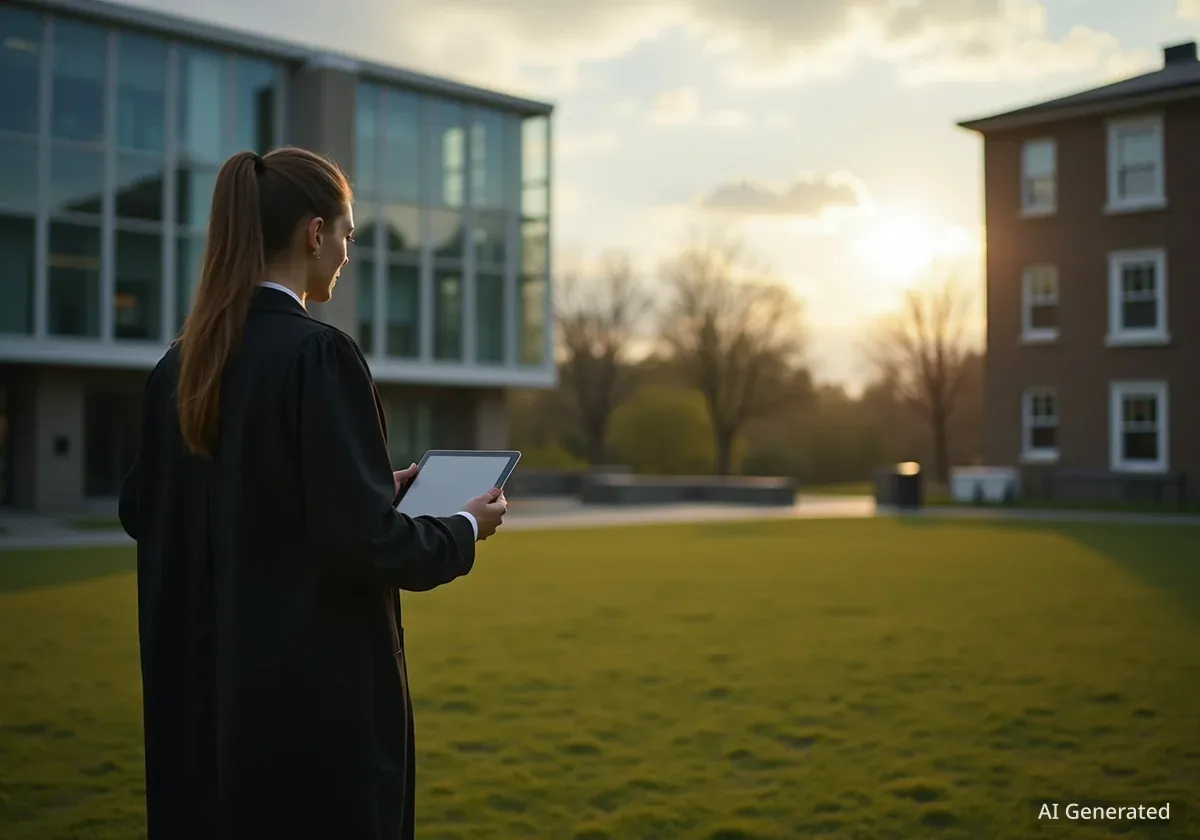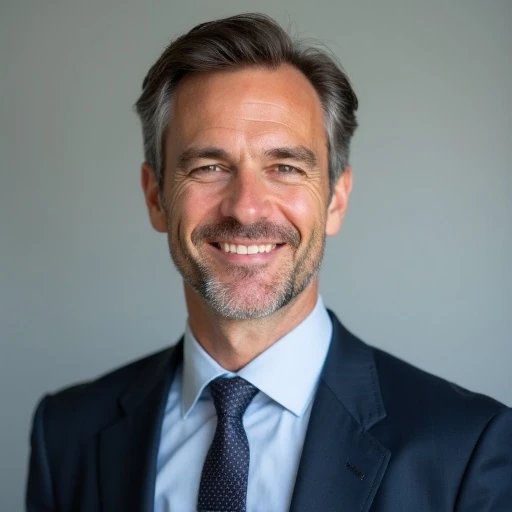The University of Missouri System has issued a formal reminder to its faculty and staff regarding its policies on public speech, particularly on social media platforms. The communication from UM System President Mun Choi arrives as several universities across the nation have taken disciplinary action, including termination, against employees for their online comments following the assassination of political commentator Charlie Kirk.
Key Takeaways
- UM System President Mun Choi sent an email reminding faculty of the university's speech policies.
- The memo states that off-duty speech causing "significant disruption" could lead to disciplinary action or termination.
- This action follows a national trend where universities like Clemson have fired professors for social media posts.
- To date, no University of Missouri employees have been terminated or placed on leave for this issue.
University of Missouri Outlines Speech Expectations
In an email distributed to all employees on Wednesday, UM System President Mun Choi addressed the responsibilities associated with public expression. The message acknowledged the rights of university employees to engage in public discourse while emphasizing the potential consequences of their speech.
The memo serves as a direct reminder of existing institutional rules governing employee conduct. It clarifies the university's position on what it considers protected speech versus speech that could warrant disciplinary measures.
The Standard for Disciplinary Action
The central point of the communication focused on the impact of an employee's speech on the university's functions. According to the email, the threshold for potential review is whether the expression creates a significant disturbance.
"Speech that causes significant disruption can be a basis for discipline or termination, even when it occurs off-duty," Choi stated in the email.
This policy means that comments made on personal time and on personal social media accounts are not exempt from university oversight if they are found to negatively affect the institution's operational environment.
Current Status at MU
According to Christopher Ave, the university's director of media relations and public affairs, there have been no terminations or administrative leaves related to this issue at the University of Missouri to his knowledge. The email is described as a preemptive clarification of existing policy.
A Growing National Trend in Higher Education
The University of Missouri's announcement is part of a broader pattern seen at colleges and universities across the United States. In the wake of intense political debate following Kirk's death, several institutions have taken swift and severe action against faculty members for their public statements.
These actions have reignited a complex debate about free speech, academic freedom, and the responsibilities of employees at public institutions. The core of the issue often revolves around where to draw the line between personal opinion and professional conduct.
Examples from Other Universities
Several institutions have recently disciplined faculty members for their online activities. These cases highlight the varying approaches universities are taking to manage employee speech.
- Clemson University: Three professors were terminated after their social media posts were flagged as inappropriate by a student group and reviewed by university leadership.
- Auburn University: Employees faced disciplinary action, including termination, for public comments that the university said violated institutional policies.
- Florida Atlantic University: Similar to Auburn, staff members were disciplined for public statements deemed contrary to university rules.
- Middle Tennessee State University: The university placed employees on extended leave or terminated their contracts, citing failures to adhere to institutional policy in their public discourse.
In each of these instances, university officials cited violations of established internal policies as the justification for their actions, rather than the content of the speech itself.
The First Amendment and Public Employees
For employees at public universities like the University of Missouri, the First Amendment protects speech on matters of public concern. However, this protection is not absolute. The Supreme Court's Pickering v. Board of Education decision established a balancing test, weighing the employee's free speech rights against the government employer's interest in maintaining efficient public services. Speech that is deemed to substantially disrupt the workplace may not be protected.
Navigating Policy and Public Debate
The memo from President Choi places the responsibility on faculty and staff to understand and navigate the university's policies. While the email respects the right of employees to participate in public debate, it clearly warns them to do so responsibly.
The phrase "significant disruption" remains a key, and potentially subjective, standard. How the university defines and applies this term will be critical in any future cases. The lack of a precise definition can create uncertainty for employees about what type of speech could be considered a policy violation.
The Role of Social Media
Social media has amplified the visibility of personal opinions, blurring the lines between private and public life. A comment made on a personal account can quickly spread and become associated with an individual's employer, regardless of their intent.
Universities are increasingly grappling with how to manage their institutional reputation while respecting the rights of their employees. The recent actions across the country suggest that many are adopting a more assertive stance in monitoring and responding to the public-facing activities of their staff.
For now, the University of Missouri's message is a cautionary one. It signals that the administration is attentive to the national climate and is reminding its community of the potential professional consequences of their public speech in a highly polarized environment.





